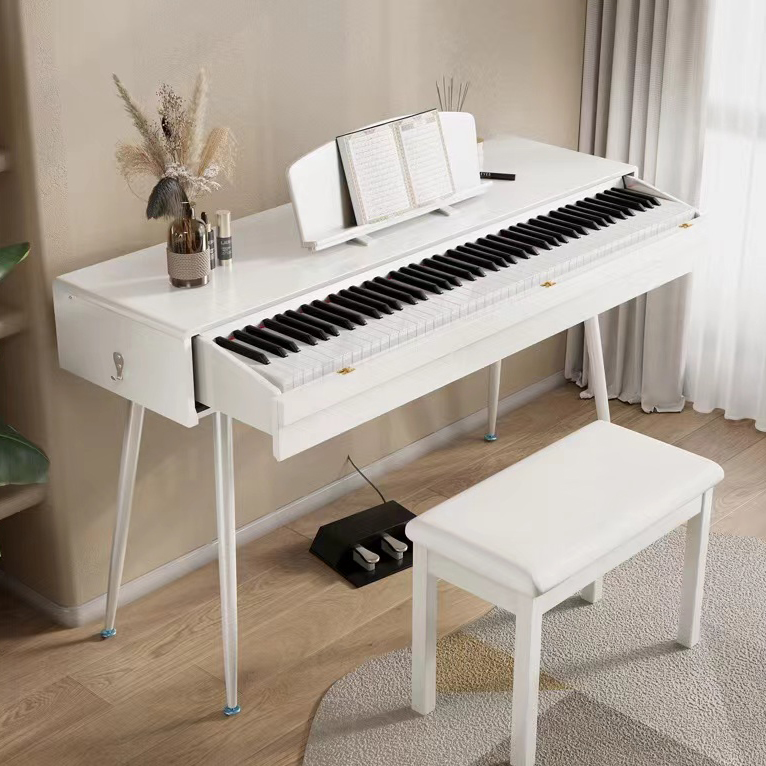In today’s fast-paced world, where mental agility is highly valued, playing the piano stands out as one of the most effective activities for enhancing brain function and cognitive abilities. The profound impact of engaging with this timeless instrument extends beyond mere musical enjoyment; it offers a plethora of neurological benefits that can positively influence various aspects of cognitive development and overall well-being. Let’s delve into the remarkable benefits that playing the piano can have on the brain.
Enhancing Neuroplasticity and Brain Connectivity
One of the most striking advantages of playing the piano is its ability to stimulate neuroplasticity – the brain’s remarkable capacity to adapt and reorganize itself in response to new experiences. As individuals navigate the intricate patterns of music, they engage multiple regions of the brain simultaneously, fostering the formation of new neural connections and strengthening existing ones. This process not only enhances cognitive function but also promotes greater efficiency in information processing and problem-solving skills.
Improving Memory and Cognitive Skills
The act of playing the piano involves a complex interplay of cognitive processes, including memory, attention, and executive function. Regular practice has been shown to significantly improve both short-term and long-term memory, as musicians must memorize and recall intricate musical pieces. Moreover, the focused attention required during piano playing enhances concentration and mental clarity, leading to improvements in cognitive skills such as decision-making and multitasking.
Stress Reduction and Emotional Well-being
In today’s hectic world, stress has become a pervasive issue affecting mental and physical health. However, playing the piano offers a therapeutic outlet for relieving stress and promoting emotional well-being. The rhythmic patterns and harmonious melodies produced by the piano have a calming effect on the nervous system, reducing cortisol levels and inducing a sense of relaxation and tranquility. Additionally, the emotional expression inherent in music allows individuals to channel their feelings and emotions in a constructive manner, leading to a greater sense of fulfilment and inner peace.
Boosting Self-confidence and Creativity
Mastering the piano requires dedication, perseverance, and patience – qualities that contribute to the development of self-confidence and self-esteem. As individuals progress in their musical journey, they experience a profound sense of accomplishment and pride, bolstering their belief in their abilities to overcome challenges and achieve goals. Furthermore, playing the piano ignites the creative spark within individuals, encouraging them to explore their artistic expression and unleash their imagination through music composition and improvisation.
Long-term Cognitive Reserve and Brain Health
Numerous studies have demonstrated the long-term cognitive benefits of playing the piano, particularly in older adults. Engaging in regular musical activity has been linked to a reduced risk of cognitive decline and age-related neurodegenerative disorders such as Alzheimer’s disease and dementia. By maintaining an active and stimulating lifestyle, individuals can build cognitive reserve – a protective buffer against cognitive impairment – thereby preserving brain health and promoting longevity.





